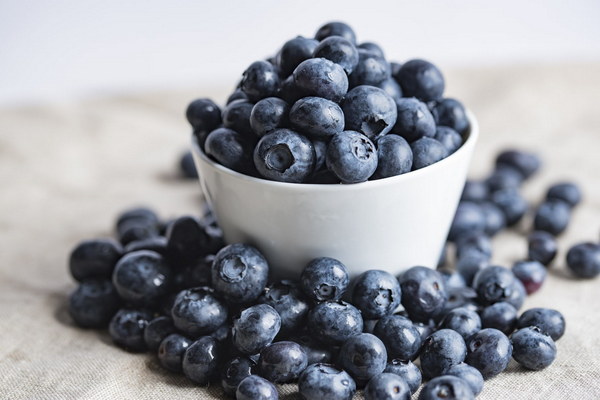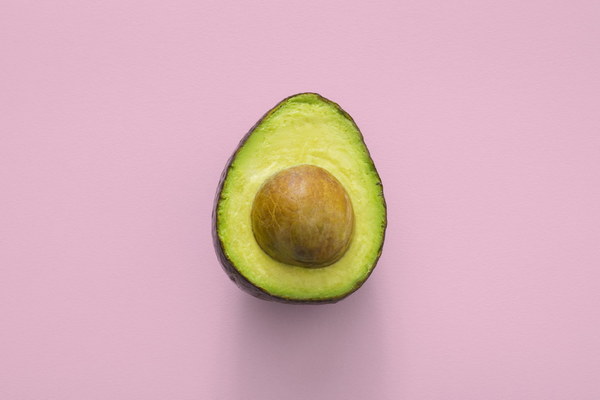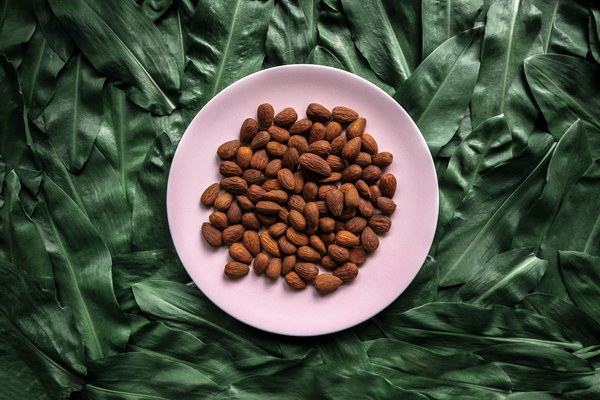Does Drinking Milk Benefit or Harm Your Liver
Introduction:
The liver is a vital organ that performs numerous essential functions in the body, including detoxification, protein synthesis, and bile production. As such, it is crucial to maintain its health to ensure overall well-being. One common question that often arises is whether consuming milk can benefit or harm the liver. In this article, we will explore the potential effects of drinking milk on liver health and provide you with the necessary information to make an informed decision.
Does Drinking Milk Benefit the Liver?
Milk, especially whole milk, is rich in nutrients such as calcium, vitamin D, vitamin B12, and high-quality proteins. These nutrients can have several positive effects on liver health:
1. High-Quality Protein: Proteins are essential for liver repair and regeneration. Drinking milk can provide a good source of high-quality protein, which can aid in liver recovery and maintain its optimal function.
2. Calcium and Vitamin D: These nutrients are crucial for maintaining bone health, and research suggests that adequate calcium and vitamin D intake may protect against liver disease. A study published in the Journal of Hepatology indicates that calcium may have a protective effect against liver cirrhosis.

3. Fat-Soluble Vitamins: Milk contains fat-soluble vitamins A, D, E, and K, which play a vital role in liver function. These vitamins can help in maintaining a healthy liver and may also protect against liver disease.
Does Drinking Milk Harm the Liver?
While milk offers several health benefits, excessive consumption or certain types of milk may potentially harm the liver:
1. High-Fat Milk: High-fat milk, such as whole milk, contains a higher amount of saturated fats. Excessive intake of saturated fats may increase the risk of non-alcoholic fatty liver disease (NAFLD), a condition where excess fat accumulates in the liver.
2. Lactose Intolerance: Individuals with lactose intolerance may experience digestive discomfort, including bloating, gas, and diarrhea, which can put additional stress on the liver. Although lactose intolerance does not directly harm the liver, the symptoms can lead to malabsorption of nutrients, which may indirectly affect liver health.
3. Artificial Sweeteners: Some milk products, particularly flavored milk, may contain artificial sweeteners. These sweeteners have been associated with an increased risk of NAFLD and may have adverse effects on liver health.
Conclusion:
In conclusion, drinking milk can have both positive and negative effects on liver health, depending on various factors such as the type of milk, the quantity consumed, and individual health conditions. While milk offers essential nutrients that can benefit the liver, excessive intake or consumption of high-fat milk and artificial sweeteners may increase the risk of liver disease.
For individuals with a healthy liver, moderate consumption of milk, particularly low-fat or skim milk, can be a part of a balanced diet. However, individuals with pre-existing liver conditions, such as NAFLD, or those with lactose intolerance should consult their healthcare provider before incorporating milk into their diet.
Remember, maintaining a healthy liver requires a holistic approach, including a balanced diet, regular physical activity, and avoiding excessive alcohol consumption. Always consult a healthcare professional for personalized advice regarding your liver health and dietary choices.









